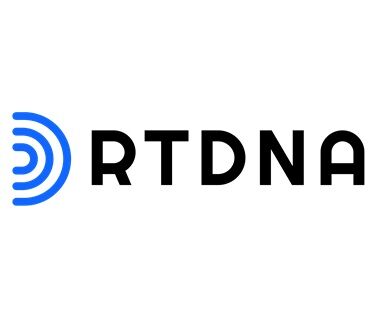InsideRadio
RTDNA Study Shows Listeners Trust Local Radio News.

Can local radio's newscasts, and news or talk programs, be trusted? That was one of several key questions tackled by The Radio Television Digital News Association (RTDNA) in conjunction with Magid, as part of an online survey conducted earlier this year among 2,000 weekly local news consumers.
The results show that more than half (51%) of listeners to a local radio station's newscasts or programs say they trust the news source “a lot,” while 41% “somewhat trust” it. Compared with other local news sources, that level of trust is second only to local TV newscasts (58% trust a lot), tied with local news apps and ahead of local news websites (49%) and social media from a local news source (40%).
Overall, exactly half of survey respondents – who range in age from 18 to 64, with an even split between men and women – have the highest trust level in local news media, with 60% of those identifying as Democrats trusting a lot, vs. 48% of Republicans and 39% of Independents.
On average, though, half of participants say they have also questioned the validity of news, with 49% having ever wondered if they can trust news from radio. The reasons radio news listeners give for distrust include exaggerated, far-fetched or one-sided stories, or involve coverage of political, national or weather-related news.
While 1 in 5 surveyed say local news sources have “fake news” – with 19% of regular local radio news listeners making this claim – that number's significantly higher among viewers of cable news networks (47%) and network evening newscasts (32%), with 20% of local TV stations' local newscasts viewers having this opinion. The sample defines “fake news” as news that “you can not trust,” “are not true,” “reported in a slanted way” or “pushes a false narrative.”
Magid's sample proves well-qualified to make these judgments, as 78% use a local news source on a daily basis. Millennials and GenX-ers drive radio news listening, with 43% and 38% respectively listening daily, vs. 27% and 22% for GenZ and Baby Boomers. While local TV is the most popular source for the older two groups, social media leads for the younger groups.
RTDNA's report admits that social media, as the second most used local platform daily and easily the least trusted local news platform, represents a significant challenge, especially with journalists posting personal opinions who risk hurting their trust relationship with the audience. Backing this up is the finding that 60% of local news viewers surveyed agree that if one journalist from a local news source is not trusted, they would be less likely to use that source overall. “The use of social media is both a blessing and a curse,” RTDNA President and CEO Dan Shelley says. “[Any journalist] sharing too much personal info contributes to an erosion of trust.”
As a result, RTNDA and Magid recommend trust-building strategies for all local news sources going forward, stressing in the report that this is neither a generational challenge nor one primarily rooted in political orientation. Among the recommended actions: reviewing internal systems in newsrooms to ensure a process for double-checking the facts, using known and experienced journalists to cover important stories, balancing coverage by sharing differing opinions about and accounts of controversial topic and events, improving the vetting of content on all news service platforms, and not allowing content on business or private social media accounts to question sources' ability to objectively cover the news.
"Local news sources and journalists may think they're already doing many of the things the research finds important, but local news consumers still question whether they can trust the local news and information regardless of what platform they're using,” Magid Executive VP Bill Hague says. “The path forward is all about taking action in a clear and demonstrative way each and every day, so you can get credit for delivering trusted, high-quality journalism."
No comments:
Post a Comment